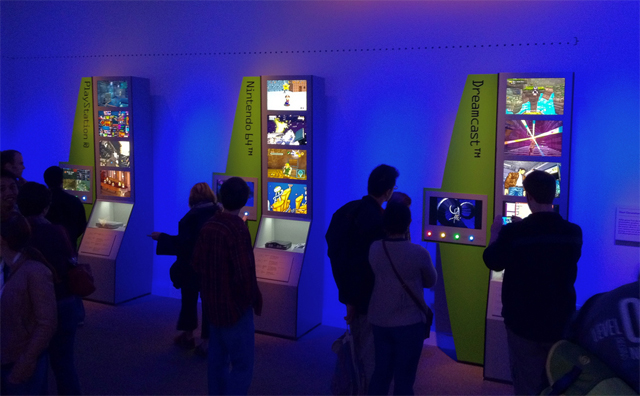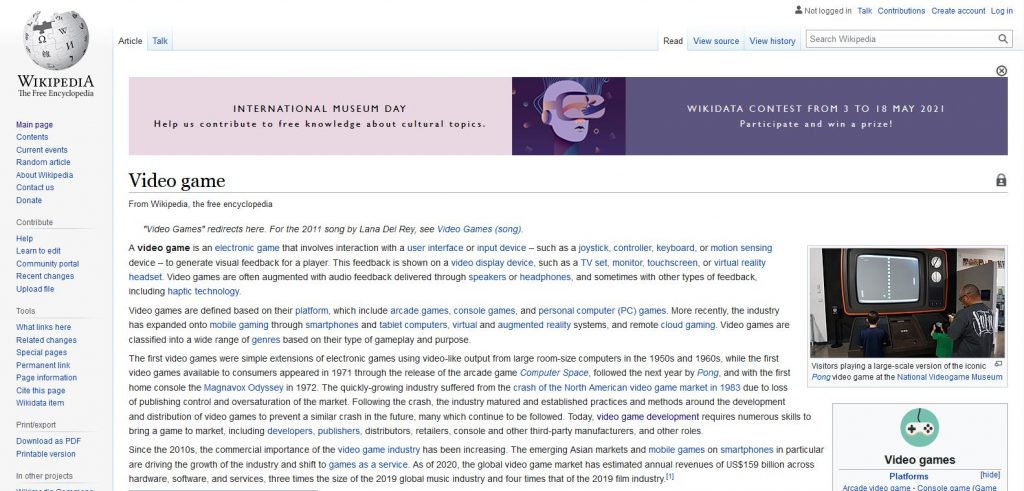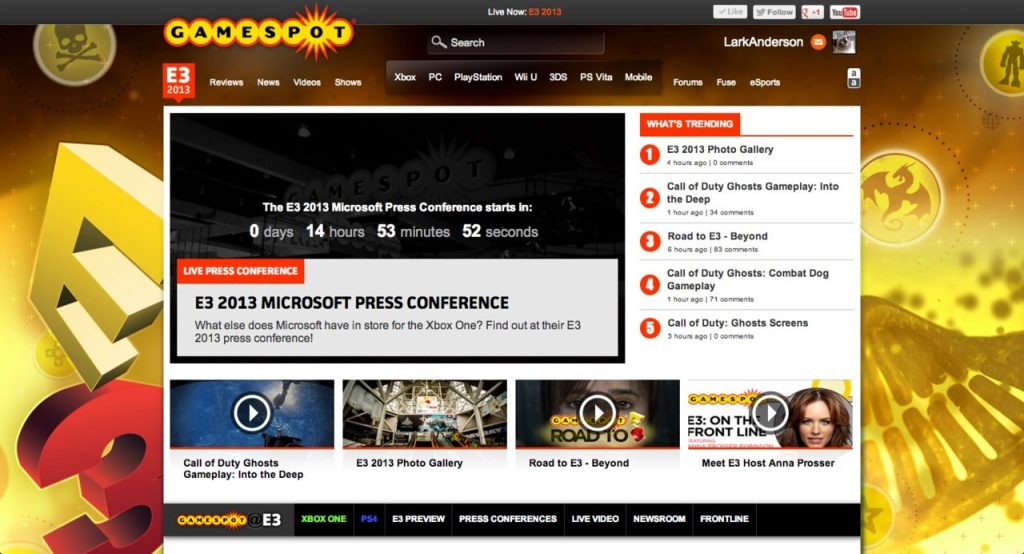Everyone enjoys playing games. They help us relax, recharge our batteries, and have fun with our friends. Why are games so popular, though? Creating a game is a time-consuming and highly complex process involving numerous people working on different tasks. That is, a writing team works on scripts, conversations, and other interactions. A designing team focuses on making levels and other events pertinent to the plot. Programmers work on making sure the game works flawlessly. And many more. The incorporation of all this creates diverse games we can play on various platforms.
However, as noted by the WritingAPaper website, writing about games is something completely different. Besides writing about gameplays, plot twists, and strengths with weaknesses, including the game’s history is an absolute must. And, to be honest, finding it can be a total pain in the neck. This tricky element has already made lots of students think about where to buy essay cheap to lift this writing assignment off their shoulders. What is the proper way of researching the history of video games?

Visit the National Museum of American History
The Smithsonian Museum is among the most prominent institutions that have vast information on video games. It provides educational, research, and other academic and non-academic materials on different topics, including games. The analysis of games started in 1966 by Ralph Baer, the then employee in Sanders Associates Inc. He and his colleagues Bill Harrison and Bill Rusch created several video game test units. And although such units all seem too far-fetched from the contemporary games, they still cast light on how games emerged and what it took for developers to coin different video games.
The National Museum of American History offers information on a dozen games and devices, including but not limited to:
- TV Game Unit
- The Brown Box Lightgun
- The Pump Unit
- The Brown Box Program Cards 1967-68
- Magnavox Odyssey Video Game Unit 1972
- Simon Electronic Game 1978
- Maniac Electronic Game 1979
The collection of articles comprises comprehensive information with high-resolution images of devices that were predecessors to today’s widely known gadgets and consoles.
Look for Relevant Web Pages
Of course, referring only to the Smithsonian Museum is not enough, especially if you have to write an extensive document on the history of video games. With the abundance of available sources, it is easy to get unverified information on the web. But knowing what pages to follow not only reduces your chances of adding incorrect information but also gives a clearer picture of the history of video games. Overall, we would recommend visiting trusted resources, such as Gamespot, Kotaku, IGN, Polygon, BBC, Forbes, International Center for the History of Electronic Games, and American Journal of Play. Although they might not have in-depth information on a topic, they usually attach links to more advanced websites, academic journals, books, and articles.
Ensure Including Authoritative Sources
Nearly every essay must comprise academic works. They aim to back up the main argument and prove that the writer has done the research and is competent in the topic. Papers about games are not an exception. Whatever game you write about, you must include scholarly materials.
So where to find them, you might ask. Well, that is a tough question, as games still lack advocates in the academic world. But no need to worry. You can still find a bunch of excellent works produced by first-class academics. You can find such documents on Google Scholar, Academia.Edu, JSTOR, Research Gate, and other websites with .edu or .gov domains. Such web pages usually belong to educational or government institutions where unbiased and verified information is of the highest priority.

Make Use of Wikipedia
Yes, we know that Wikipedia isn’t a credible source. And by no means should you refer to it when working on any paper. But the point is, while Wikipedia evolves second-thoughts regarding its reliability (you know, everyone can modify articles, edit sections, add any information, and whatnot), it has one focal benefit.
Every article enlists sources used, which you can look at and check. For instance, suppose you have to write about World of Warcraft. The Wikipedia article is extensive, and so is the reference section. Currently, there are over 180 references, and we bet you will find the bulk of credible sources on WoW and its history, which you can undoubtedly include in your paper. So the strategy is simple:
- Look for a particular game
- Find a Wikipedia article about it
- Jump to the last section with the bibliography
- Peruse references and use the most relevant
Recap
Writing about the history of video games may not be an easy and quick process. You can be stuck with finding credible sources and learning them before writing the paper. However, if you follow the right strategy, you will reduce the time spent researching, outlining, and writing an essay. The mentioned points highlight the steps you can complete to find the necessary information about the history of video games.
What do you think about this unseen game? Give your vote!
Would you like to add more info, screens or videos to this page? Add a comment below!
- Quark (Quantic Dream) [Dreamcast – Cancelled] - 24-03-2024
- Fortris [PC/Playstation/Dreamcast – Cancelled] - 09-03-2024
- Gorkamorka [PC / Dreamcast – Cancelled] - 16-12-2023




Okay, it’s happened again. Who’s the person inserting essay mill spam links into U64 articles?
it’s not really spam, it’s relevant, there’s a lot of hearsay ‘authors’ and not many voices of people that were there.
Teaching ‘students’ to access info from a book, museum or the internet is IMO real bad advice and very lazy.
Especially when most of the people are still living and online or at least have an email or phone.
The best way of research is what Kay Savetz does… research, think of some great questions and interviews them.
In 10, 20, 50, 100+ years time, accuracy will be an issue, it already is on somethings.
For your invaluable experiences, I will be eternally thankful. Thank you so much for all you do!